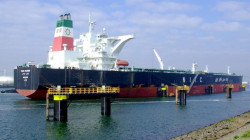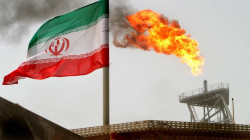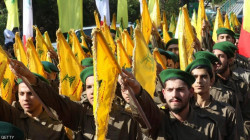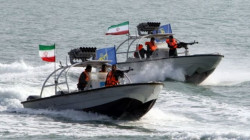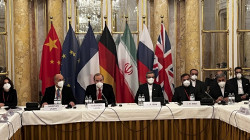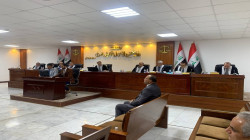Oil for gas: A swap or a maneuver to open the U.S. dollar window between Iraq and Iran?
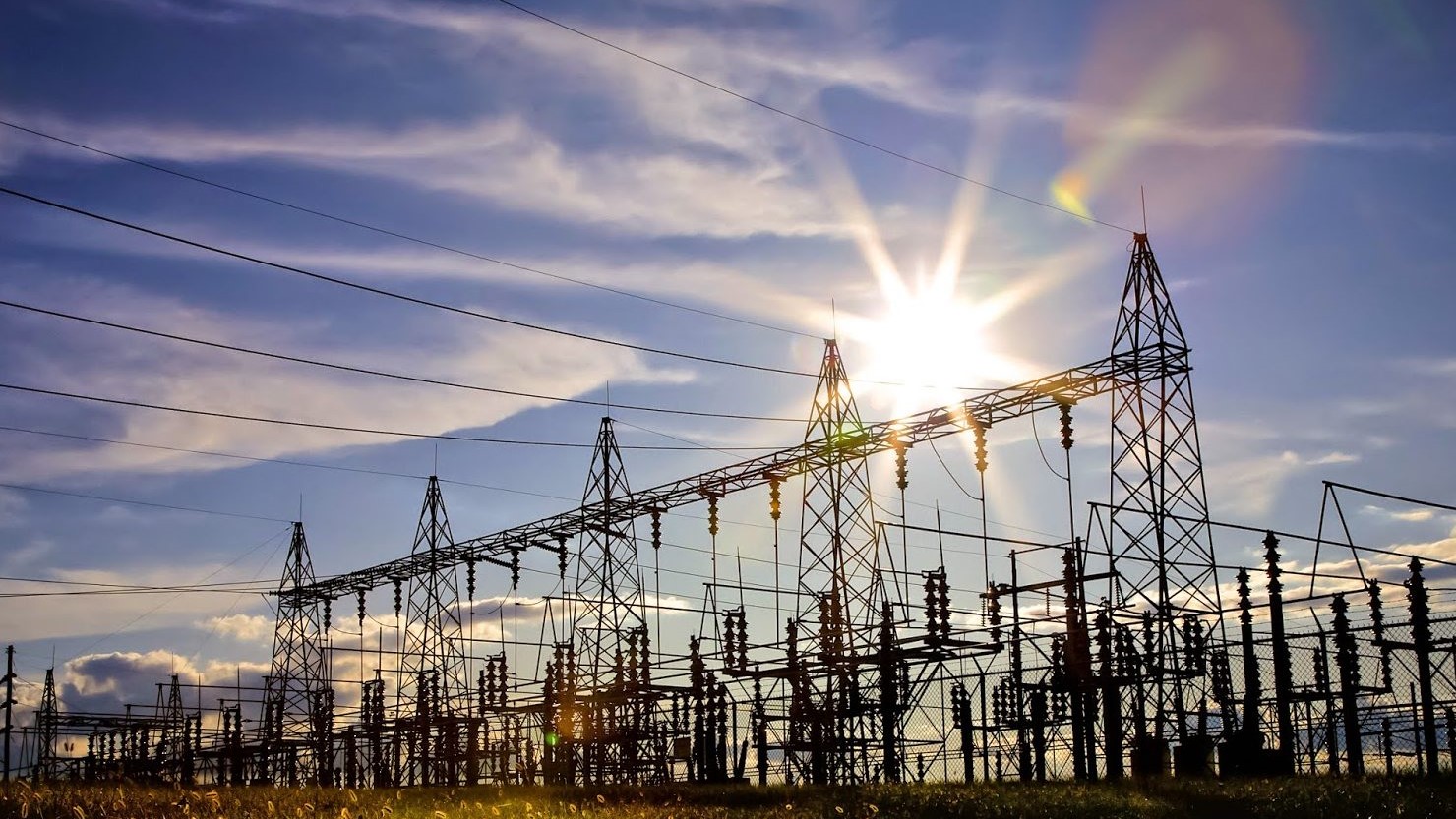
Shafaq News / The announcement made by Prime Minister Mohammed Shia al-Sudani regarding an agreement between Iraq and Iran aimed at resolving the electricity crisis through the exchange of gas for black oil has sparked a multitude of inquiries from experts. Of utmost importance among these inquiries are the following: Did the United States grant Iraq permission to proceed with this arrangement? What will be the determinative factor in establishing the price? And what methods will be employed for the transportation of oil?
The announcement of this agreement, as observed by oil expert Hamza al-Jawahiri, introduces an element of ambiguity due to several key factors. Firstly, Iran possesses crude oil that is rendered unsuitable for exportation owing to the imposed sanctions. Consequently, it appears somewhat perplexing that Iran would acquire crude oil from Iraq in this context. Furthermore, the Organization of the Petroleum Exporting Countries (OPEC) typically accounts for the allocation of crude oil, thereby necessitating a deduction from Iraq's share when it is provided to Iran.
Black oil, which possesses a dedicated platform in Dubai and is associated with internationally recognized price standards, presents an additional dimension to this intricate situation. The feasibility of such a barter agreement might face resistance from the United States, primarily because Iran ultimately receives the oil revenue, namely dollars, regardless of whether it directly acquires, sells, or transfers the oil.
Al-Jawahiri emphasizes his lack of knowledge regarding the continuity of this agreement, as it encounters several obstacles, particularly since the inclusion of crude oil goes against established expectations. Despite this uncertainty, he expresses hope that the agreement will ultimately reach fruition, allowing for the necessary payments to be made to Iran.
Economist Nabil al-Marsoumi emphasizes that it is in Iraq's best interest to engage in the exchange of black oil for gas, potentially leveraging Kurdistan's oil resources and employing tankers for transportation. He further notes that the United States has granted Iraq permission to settle purchases of Iranian gas and electricity using Iraqi dinars, a third currency, or by importing essential goods for the Iranian people. However, he acknowledges the possibility of Iran resorting to selling and exporting black oil to obtain dollars, and the potential for an American veto on the agreement.
According to economist Haider al-Moussawi, the proposal for exchanging black oil for gas was initially put forth three months ago, but the government hesitated due to concerns about potential rejection by the United States. Nevertheless, as demand for electricity reached its peak, the government ultimately approved the proposal.
Al-Moussawi describes this agreement as a prudent step, recognizing that even with Total's investment in local gas production, it will be insufficient to meet domestic needs, necessitating continued imports.
Iraqi Oil Ministry spokesman Assem Jihad underscores that the agreement with Iran to swap Iranian gas for Iraqi black oil represents one of the most significant solutions endorsed by the government and the Council of Ministers to fulfill outstanding payment obligations for the supplied gas. He emphasizes that this agreement will ensure the uninterrupted flow of gas, addressing previous delays caused by U.S. sanctions on Iran. Additionally, the agreement establishes a processing and pricing mechanism aligned with prevailing practices in the oil markets.
Former Oil Minister Ihsan Abdul-Jabbar has revealed that the gas projects in Iraq, including those undertaken by Total, are projected to yield a gas production of 4,000 million cubic meters (mcm). However, with power stations totaling 33 gigawatts, the country's demand during the summer season reaches 7,000 mcm.
Abdul-Jabbar further explains that the gas produced from these projects covers a period of nine months, leaving a three-month gap that requires imported gas to meet the remaining demand.
Notably, on July 10, Prime Minister Mohammed Shia al-Sudani announced an Iraqi-Iranian agreement to address the electricity crisis through a gas-for-black-oil exchange. Al-Sudani highlighted that U.S. Treasury measures have hindered Baghdad's ability to settle the outstanding payments owed to Tehran.
In recent days, Iraq has experienced a significant decline in electricity supply due to the reduced availability of Iranian gas, which is essential for powering the country's plants.
Simultaneously, the governing Coordination Framework in Iraq has held the U.S. administration responsible for the decrease in electrical energy supply, as Iraq heavily relies on Iranian gas to operate its power plants.
Meanwhile, the Ministry of Electricity has estimated that Iraq will require Iranian gas for a period ranging from 5 to 10 years.
Based on preliminary estimates by the Ministry of Oil, Iraq possesses a substantial reserve of approximately 132 trillion cubic feet of gas, with around 70% of the country's gas being associated with oil extraction processes. This places Iraq as the 11th richest country in terms of natural gas resources globally.
